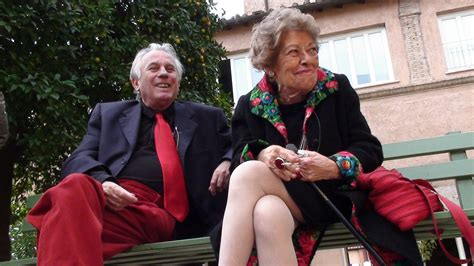Top 21 Quotes & Sayings by Giovanna Cau
Explore popular quotes and sayings by Giovanna Cau.
Last updated on November 22, 2024.
It's my greatest success. Women did not vote in Italy until 1946. A good friend and I put together a group of women to protest this. I was very young, just a girl. We went to the Viminale [home of the Ministry of the Interior] and spoke to the chair of the ministry board. Thanks to our initiative, we got the bureaucracy rolling on giving women the right to vote. I have to thank my father for this. He was in Geneva at the League of Nations, and women voted there. He thought it was absurd that women didn't vote in his country yet.
















